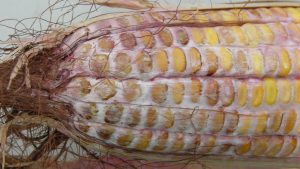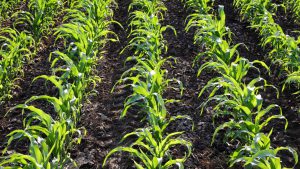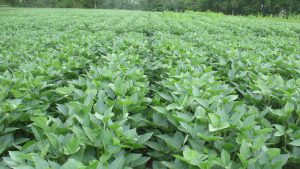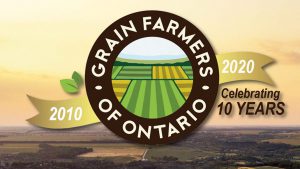Cropside: Consider soil health
AGRONOMIC INFORMATION FROM ONTARIO'S CROP SPECIALISTS
THE NEW CANADA’S FOOD GUIDE suggests replacing animal proteins with plant proteins more often. The perception among many in society is that livestock protein is a major source of greenhouse gases and should be completely replaced with plant-based protein. Regardless of the validity of those claims, this sounds like an opportunity for Ontario’s soybean and edible bean producers. But, is plant-based protein production sustainable from a soil productivity perspective?
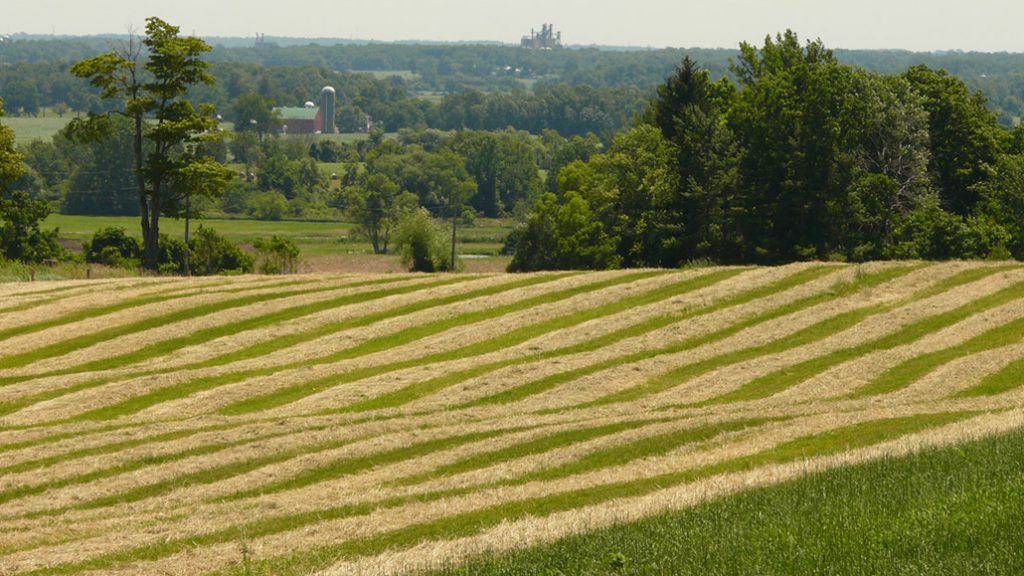
Sustainability is defined as the ability, from an economic, environmental, and social perspective, to maintain food production indefinitely, while managing waste and the use of non-renewable resources to ensure comparable opportunities for future generations.
Livestock plays an important role in providing healthy food (protein sources), but also in utilizing marginal farmland and fragile landscapes with rolling topography. Livestock is also essential for returning nutrients and organic matter (manure) back to the soil. If edible beans or soybeans replaced forages and pastures on this same land, soil erosion and water quality issues in Ontario would increase, and in time many Ontario soils would not economically sustain crop production.
SOIL HEALTH IMPACTS US ALL
Researchers have calculated the significant cost that soil erosion and compaction carries for Canadian agriculture — greater than $3 billion/ year1 — but the impact of soil degradation also impacts the population beyond agriculture.
• Soil erosion and nutrient runoff (e.g., phosphorus) to rivers and lakes have an impact on tourism when algae blooms close beaches.
• Soil erosion impacts the fishing industry where muddy waters reduce aquatic ecosystem health and fish populations.
• Compacted soils with reduced infiltration capacity have greater surface runoff, impacting drainage and stormwater management to prevent flooding.
• Decreased crop diversity increases the risk of insect, disease and weed infestations.
Considering greenhouse gas (GHG) emissions from all sources, including energy, transportation, and agriculture is important, but considering the “bigger picture” is essential. Use of livestock manure offsets the GHG emissions from production and transportation of commercial fertilizers. Maintaining forage and pasture land, increasing over-winter cereals and cover crops, and adding organic amendments are all strategies that will help maintain healthy soils while sequestering carbon to help support the production of a wide variety of local, healthy food.
History would suggest that “everything in moderation” is the model for social, economic and environmental sustainability. An equilibrium of crop and livestock production will ultimately balance the ecology of the land with the needs of a population. A diet that promotes the diversity of Ontario grown products, while considering the fields where they are grown, is a recipe for sustainability of Ontario’s soil and water resources.
1 Dr David Lobb, Soil Degradation: The Cost to Agriculture and the Economy — Summit on Canadian Soil Health, 2017. •























